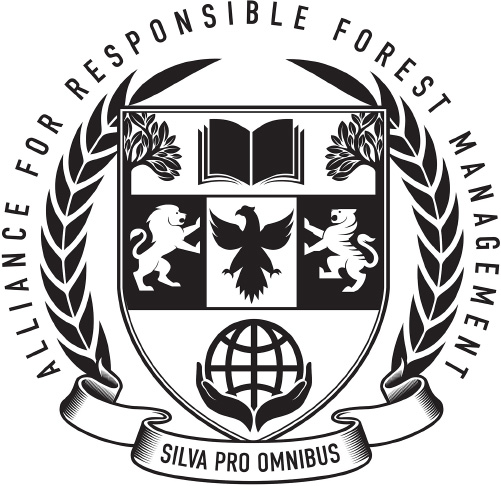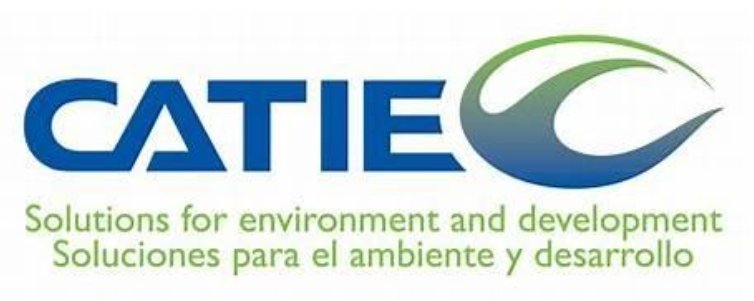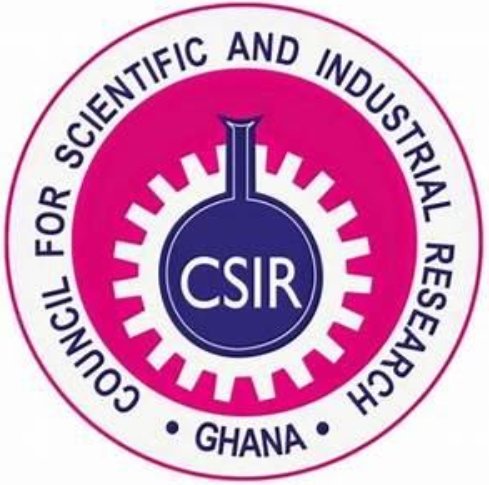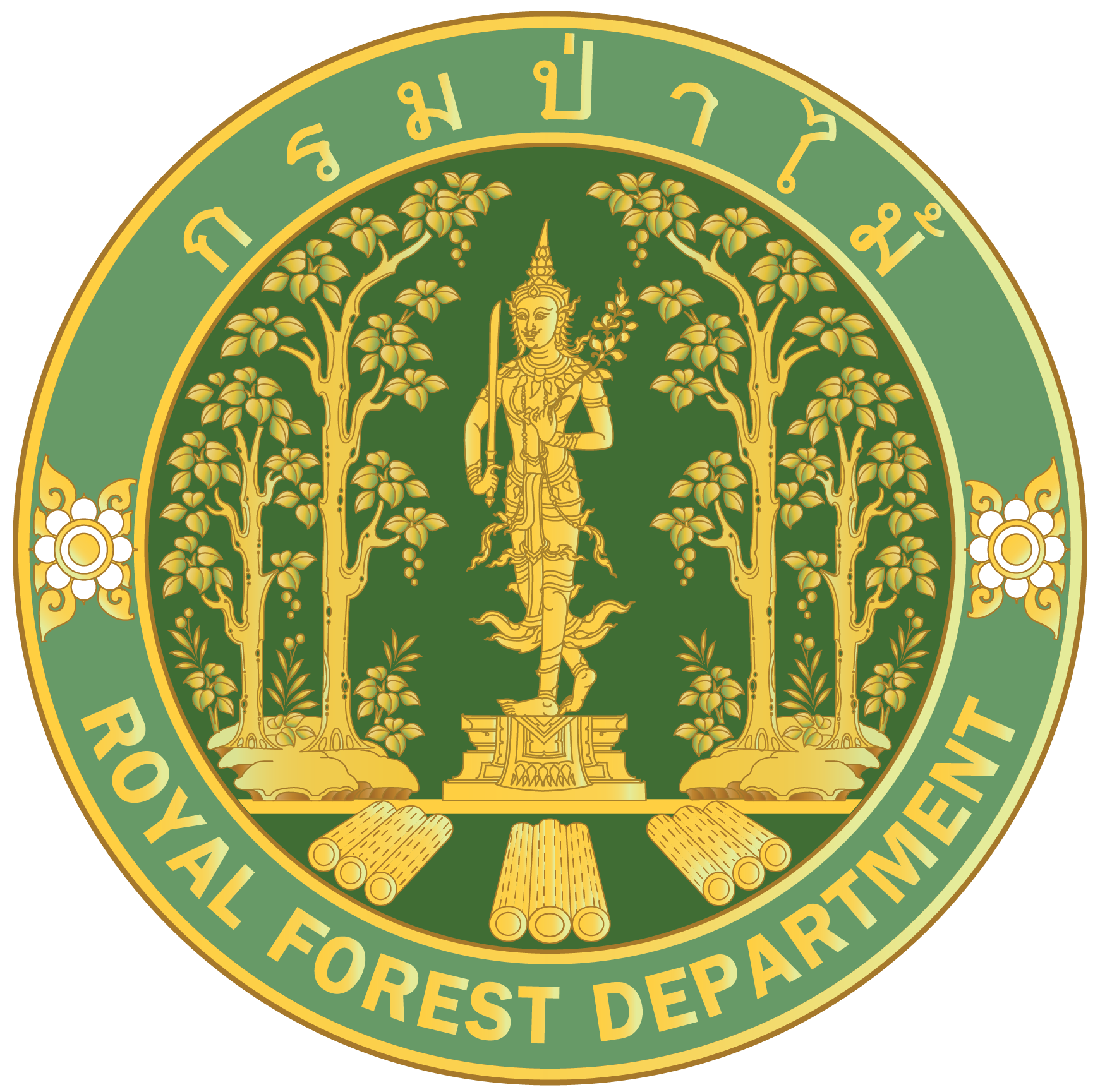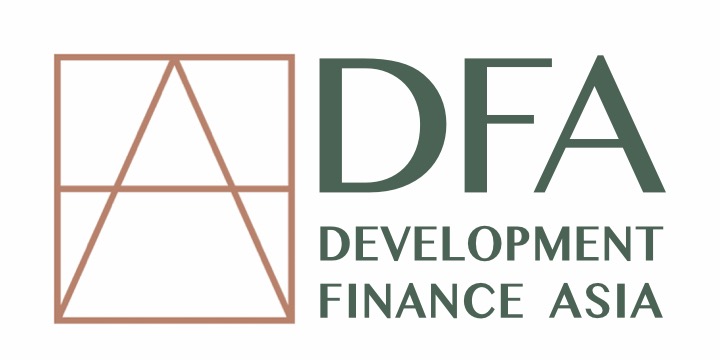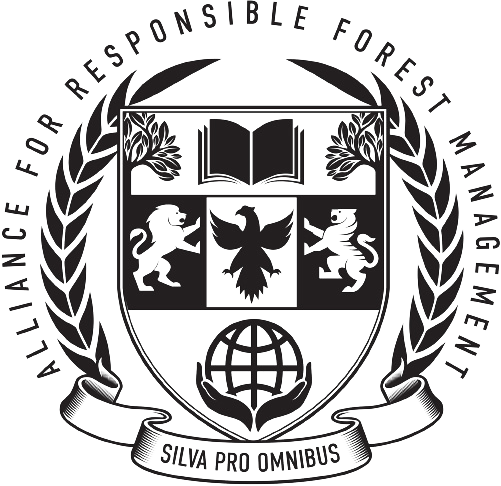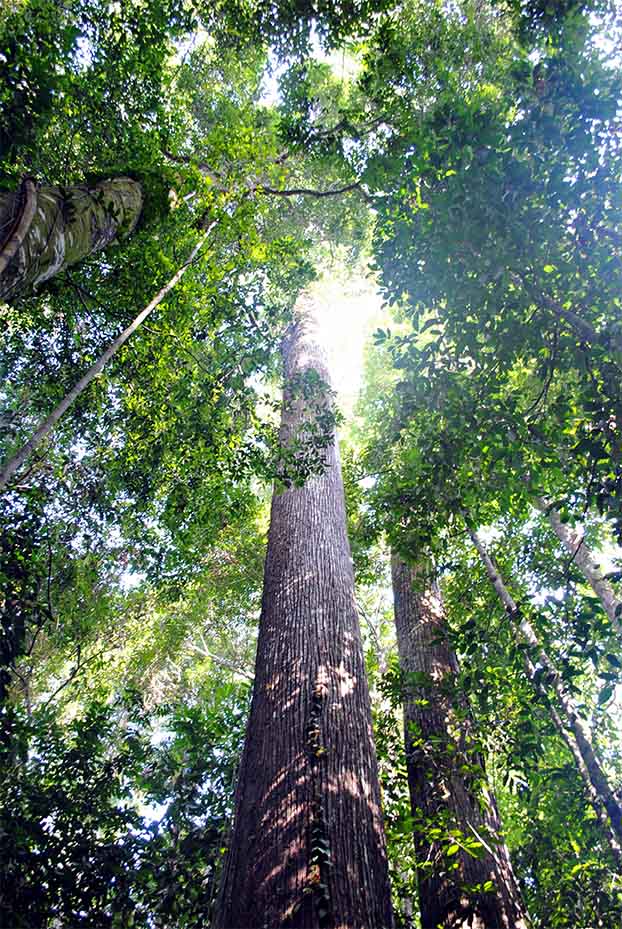
Learn About
History
The ARFM was initiated by Climate Forestry Limited (CFL) and the Tropical Forest Foundation Indonesia (TFF). Firstly, CFL undertook a technical review of the TFF reduced-impact logging (RIL) manual and conducted a critical analysis against International Forest Stewardship Council (FSC) and the Programme for the Endorsement of Forest Certifications (PEFC) Standards of compliance. The interim TFF RIL Manual was then revised to be more consistent and aligned with International Principles and Criteria. Climate Forestry and TFF then formed the RIL Technical Working Group (TWG).
The RIL TWG was responsible for the following: a) Defining the institutional framework of the Organisation; b) Defining the structure of the Assurance programme for the Organisation; c) Defining how the Organisation shall receive monies; and d) Support the drafting of funding applications to funding organisations. Once the framework of the ARFM was defined, the RIL TWG was dissolved and the ARFM Executive Board (EB) was formed to support the development of the ARFM.
with voting rights
Technical Working Group
(dissolved)
- Dr Michael Galante, Director, Climate Forestry Limited (Malaysia) (TWG Co-Chair)
- Dr Hasbie Hasbillah, Executive Director, Tropical Forest Foundation Indonesia (Indonesia) (TWG Co-Chair)
- Dr Bernd Hahn-Schilling, Director, International Forest Management Consultants Sdn Bhd (Malaysia)
- Mr Adam Grant, Director-Market Development, NepCon (England)
- Ms Emily Blackwell, Technical Manager, Soil Association (England)
- Mr Paul Hol, Chairman, Form International (The Netherlands)
- Mr Tieme Wanders, Senior Forestry Expert, Form International (The Netherlands)
- Mr Rob Ukkerman, Independent, (The Netherlands)
without voting rights
Technical Working Group Observers (dissolved)
- Mr Hartono Prabawo, Country Manager, Forest Stewardship Council (FSC) (Indonesia), representing FSC Indonesia.
- Mr Richard Laitly, Regional Director, Programme for the Endorsement of Forest Certification (PEFC) (Australia), representing PEFC International.
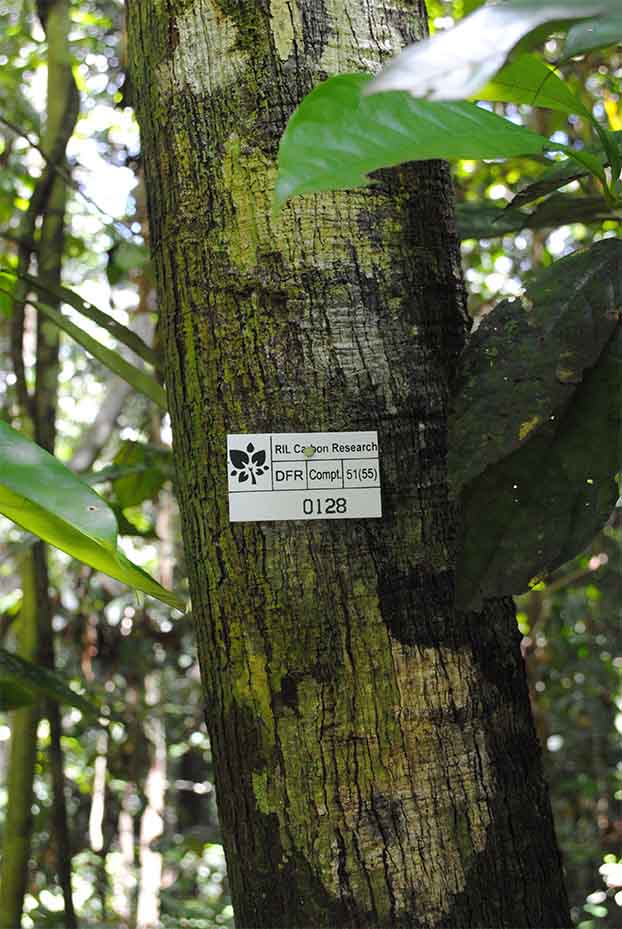

Find out who are
The ARFM Executive Board

Michael Galante, PhD
Michael Galante, PhD, Director, Climate Forestry Limited (Malaysia)
(Secretary-General of the ARFM)
Dr Michael Galante is an expert in the fields of sustainable timber production from tropical forests, forest certification and timber legality assurance and climate change mitigation strategy and project development. Dr Galante has over 20 years of experience as a technical expert throughout Southeast Asia. He has written numerous forest management plans and supports companies to achieve certification through FSC, PEFC, and ISO 9001 Standards of practice.
Dr Galante supports the development of innovative financial mechanisms and initiatives to ensure predictable, reliable and sustainable finance for responsible forest management activities as well as tracking International Conventions and Environmental Agreements to integrate requirements into responsible forest management. Michael obtained his PhD from the University of Edinburgh where he focused the development of a carbon accounting framework to support reduced-impact logging as a project-based activity under the Climate Convention in Sabah, Malaysia. Michael speaks fluent English and has professional working proficiency of Bahasa Indonesia and Bahasa Melayu.
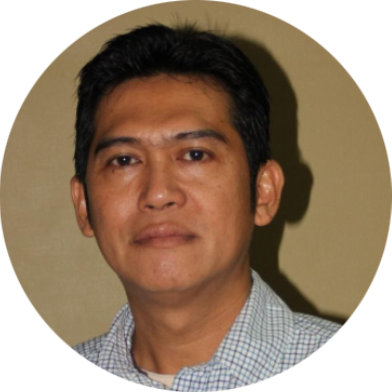
Hasbie Hasbillah, PhD
Hasbie Hasbillah, PhD, Executive Director, Tropical Forest Foundation Indonesia (Indonesia)
(Co-Chair of the Executive Board)
Dr Hasbillah is a specialist on forest policy and operational, environmental monitoring services, ecosystem and conservation management, social-community forestry and agroforestry, good facilitator for training and others capacity building programme. He more than 30 years of experience in the forestry sector of Indonesia in policy, social, environmental and operational dimensions for both natural forests and forest plantations and also forest industrial sector including agriculture (rubber and palm oil). He is experienced an experienced trainer in forest industry supply chains, community forestry, agriculture, the identification of high conservation value, high carbon stock, forest certification and legality verification. In the past Dr Hasbillah was a lead auditor and facilitator of Eco-label; Sustainable Forest Management in related to standard of FSC, PEFC, LEI, PHPL, SVLK, RSPO, ISPO and ISCC and reduced impact logging. Dr Hasbillah has a bachelor of Natural Resource Management and a Doctorate of environmental policy from the University of Dublin. Hasbillah speaks fluent Bahasa Indonesia, Bahasa Melayu and English.
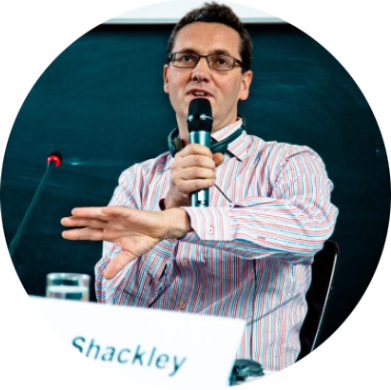
Simon Shackley, PhD
Simon Shackley, PhD, Independent (Scotland)
(Co-Chair of the Executive Board)
Dr Shackley is Reader in Climate Policy in the School of GeoSciences, University of Edinburgh, where he is also Director of Postgraduate Teaching, responsible for overseeing teaching and support for a community of c. 400 MSc students on 14 programmes. He has a BSc in Botany and MSc and PhD in Environmental Policy. With 30 years professional experience, he has previously worked at the Universities of Lancaster and Manchester, where he was a founding member of the Tyndall Centre for Climate Change Research and led one of four research programmes. Dr Shackley has worked on environmental, economic and social analysis of climate change mitigation and abatement options, including bioenergy, biochar, CO2 capture and storage, food production and geoenergy. Integrated assessment of options is undertaken in Simon’s research using methods from cognate disciplines, including technology assessment, life-cycle analysis, abatement costs, stakeholder mapping and managing just transitions. Simon has worked for a number of international agencies, including ADB, IEA and IEAGHG, EU Commission, national government departments and agencies, i.e., DEFRA, DTI, BEIS, Environment Agency in UK, Scottish Government, SEPA, regional governments and agencies, companies, i.e., BP, and NGOs, i.e., SNV. Nature-based Solutions are of increasing interest in Simon’s research and teaching and he is working with colleagues in Forestry and Land-Use on better understanding, evaluating and promoting sustainable climate solutions. Simon speak fluent English.
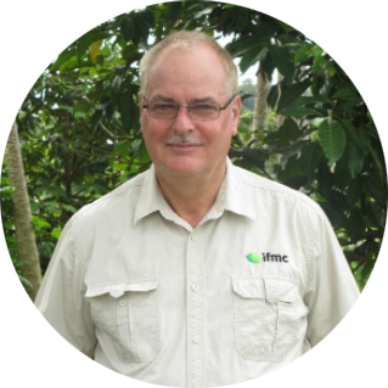
Bernd Hahn-Schilling, PhD
Dr Bernd Hahn-Schilling, Independent (Malaysia)
Dr Bernd Hann-Shilling is a professional forester with over 30 years of working experience in tropical forest research and operational tropical forest management, forest certification, capacity building, and human resource development. Dr Bernd has supported numerous forest companies across Southeast Asia to achieve forest certification and he has supported the development of the Malaysian Forest Certification Standard. He was the Team lead and Technical Advisor in Forest Resource Assessment and Forest Management for the Malaysian-German Technical Cooperation Project Sarawak, Malaysia (1995-2001), supported by the German International Organisation (GIZ). Dr Bernd obtained his Doctorate in Tropical Forestry from University of Göttingen, Germany where he focused on structural analysis, biodiversity assessment, growth development, silviculture, management options in degraded peat swamp forest. Dr Bernd was the founder of International Forest Management Consultants (IFMC) registered in Mainz, Germany, consulting the public and private forestry and environmental sectors in the Southeast Asian region, and facilitating forest technology transfer and trade development of certified forest products. Dr Bernd speaks fluent English and German.
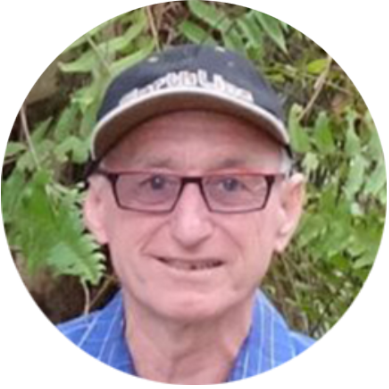
Mr Jim Leitch
Mr Jim Leitch, Independent (New Zealand)
James Leitch has over 40 years of experience in the technical management of timber plantations, forest certification, and biomass and carbon accounting. James concentrates on the sustainability and strategic management of tropical agro-forestry assets through asset valuations and resource modelling for corporate strategic and production supply-chain value adding forecasting and implements best practice through the application of principles and criteria of timber certification. James has co-authored published research on various topics including tree taper functions to increase the accuracy in the estimation of forest volume and biomass. James obtained his Master of Forestry from Canterbury University (1976) and speaks fluent English and is proficient in Bahasa Indonesia, Bahasa Malayu and Fijian.
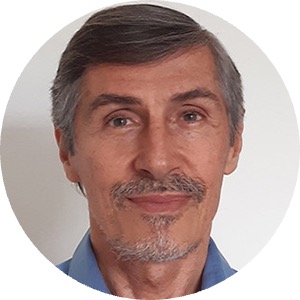
Cesar Sabogal, PhD
Cesar Sabogal, PhD, Independent (Peru)
Dr Sabogal is a professional forester and has over 35 years of international experience in research, development, educational and training activities on various thematic areas, including forest resource assessment, multiple-use management of primary and secondary forests, forest concessions, community and smallholder forest management, silvicultural practices, forest rehabilitation, forest and landscape restoration, forest monitoring and auditing, and forest policy and legislation. In addition to authoring and publishing over 140 articles, books, chapters, manuals, technical guidelines and policy briefs, Dr Sabogal has consulted for several international organisations such as GTZ, ITTO, the World Bank, USAID/USFS, FAO, CIFOR-GLF, Jaakko Pöyry, ODI, Intercooperation/ Helvetas, IUFRO, Swiss Development Cooperation, Winrock International, the Amazon Cooperation Treaty Organisation. Dr Sabogal obtained his PhD in Forest Sciences from the University of Gottingen in Germany and is fluent in English, German and Portuguese.
Find out who are
Institutional Executive Board Members
The Tropical Agricultural Research and Higher Education Center (CATIE): Representing Latin America and the Caribbean.
The Tropical Agricultural Research and Higher Education Center (CATIE) is a regional center dedicated to research and graduate education in agriculture, and the management, conservation and sustainable use of natural resources. Its members include Belize, Bolivia, Colombia, Costa Rica, Dominican Republic, El Salvador, Guatemala, Honduras, Mexico, Nicaragua, Panama, Paraguay, Venezuela, the Inter-American Institute for Cooperation on Agriculture (IICA), and the State of Acre, Brazil.
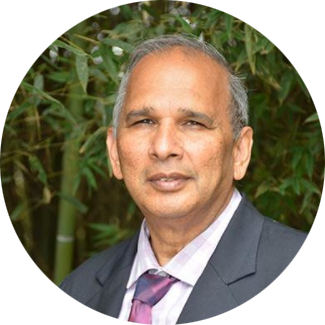
Muhammad Ibrahim, PhD
Muhammed Ibrahim, PhD, Director General, The Tropical Agricultural Research and Higher Education Center (CATIE)
Dr Muhammad Ibrahim is the Director General of the Tropical Agricultural Research and Higher Education Center (CATIE) and has more than 28 years research experience on Livestock and Environment. He has contributed in generating knowledge on silvopastoral systems and quantification of ecosystem services in these systems which are being used in the development of polices for climate smart livestock systems. Dr Ibrahim has a Doctorate of Agricultural and Environmental Sciences, Wageningen Agricultural University (1994); A Masters of Agricultural sciences and natural resources, CATIE, Costa Rica (1989), and a Bachelor of Science in Agriculture, University of Guyana (1985). He is fluent in Spanish and English.
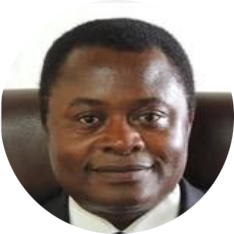
Daniel Ofori, PhD
Daniel Ofori, PhD, Director, Forest Research Institute of Ghana (FORIG)
Dr Daniel Ofori is the Director General of the Forestry Research Institute of Ghana (FORIG) and has more than 27 years research experience in tree improvement and forest genetics. He has contributed in generating knowledge on Ethnobotany and conservation of some selected medicinal plants in West Africa, the genetic improvement, productivity and biodiversity conservation of Triplochiton scleroxylon K. Schum in West Africa, and the sustainable development of bamboo resources in Ghana and Togo. Dr Ofori has a Doctorate of Tree Genetics, University of Aberdeen (2001), a Masters in Tree Improvement, University of Edinburgh (1994), and a Bachelor of Science in Agriculture, University of Ghana (1989). He is fluent in English.
The Council for Scientific and Industrial Research (CSIR), Forestry Research Institute of Ghana (CSIR-FORIG): Representing Africa.
The Council for Scientific and Industrial Research (CSIR), Forestry Research Institute of Ghana (CSIR-FORIG) has a vision of “using the transforming power of science and technology for wealth creation”. The role of CSIR-FORIG towards this vision is to undertake forest, forest products and related research and to disseminate and commercialize research outputs and services. The CSIR-FORIG is also the coordinating body of The Forestry Research Network for Sub-Saharan Africa (FORNESSA), with an aim to support and strengthen forestry research in order to contribute to the conservation, sustainable management and utilization of forest resources in Sub-Saharan Africa.
Royal Forest Department, Ministry of Natural Resources and Environment of Thailand: Representing Asia-Pacific.
The Royal Forest Department, Minisry of Natural Resources and Environment of Thailand (RFD) manages National Reserved Forests and the Permanent Forest Estates; oversees and regulates timber harvesting, transport, processing, manufacturing, and trading within Thailand. The RFD has a mandate to protect and preserve forest areas, manage forest land sustainably, rehabilitate forest area for economic, social and environmental balance, support forest management with stakeholder engagement, support research and development for sustainable use activities, and strengthen the organisation’s mechanisms and management, including law enforcement.

Preecha Ongprasert, PhD
Preecha Ongprasert, PhD, Director of Forestry Foreign Affairs Royal Forest Department, Ministry of Natural Resources and Environment of Thailand (RFD): Representing Asia-Pacific
Dr Preecha Ongprasert has been serving for the Royal Forest Department for over 28 years. From 2015 to 2022, he was appointed to be the Chairman of Asia-Pacific Network for Sustainable Forest Management and Rehabilitation Council (APFNet) and also the Chairman of Regional Model Forest Network Asia Council (RMFN-Asia) from 2015 up to the present. He is responsible as a national Focal point Thailand to many international organizations such as FAO, ITTO, AFoCO, APFNet, UNFF, etc. Dr Ongpraserthas a Doctorate on Urban Forestry, University of Wales, Bangor, UK, and a Bachelor and Master degrees in forestry from Kasetsart University, Thailand. He is fluent in Thai and English.
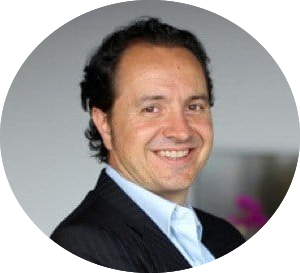
Mr Thomas Holland
Mr Thomas Holland, Partner, Development Finance Asia (DFA)
Mr Thomas Holland is the co-founder and managing partner of Development Finance Asia. Mr Holland co-founded Rent2Own, the largest rural mobility finance company in Myanmar as well as served on the Investment and Executive Committees as consultant to International Finance Cooperation (IFC) backed Asian investment platforms. Mr Holland co-founded nature-based solutions projects backed by The Nature Conservancy (TNC) as well as leading climate technology companies in Southeast Asia. Mr Holland sits on several Boards across Asia, including companies focused on financial services, real estate, logistics and fast moving consumer goods. Previously Mr Holland was Managing Partner at Cube Capital in Hong Kong, where he led a team on USD 321 million of Asian investments generating >20% internal rate of return. Mr Holland began his career at J.P. Morgan in New York, London, Singapore and Tokyo. Mr Holland has a Bachelors degree from Cornell University and a Masters degree from the University of Oxford. He is fluent in English.
Development Finance Asia
Development Finance Asia is a specialist investment platform, focused on providing financing solutions in illiquid underserved markets across Asia and the Pacific to
Membership
The ARFM adopts a Members and Supporters business model, with the aim of using a General Assembly for reporting and decision making at the highest level. The core of the work will be facilitated through a dedicated Secretariat, and various Councils will be formed to support the Organisation. Statutes and other regulatory requirements shall be drawn-up once the formal registration of ARFM is finalised.
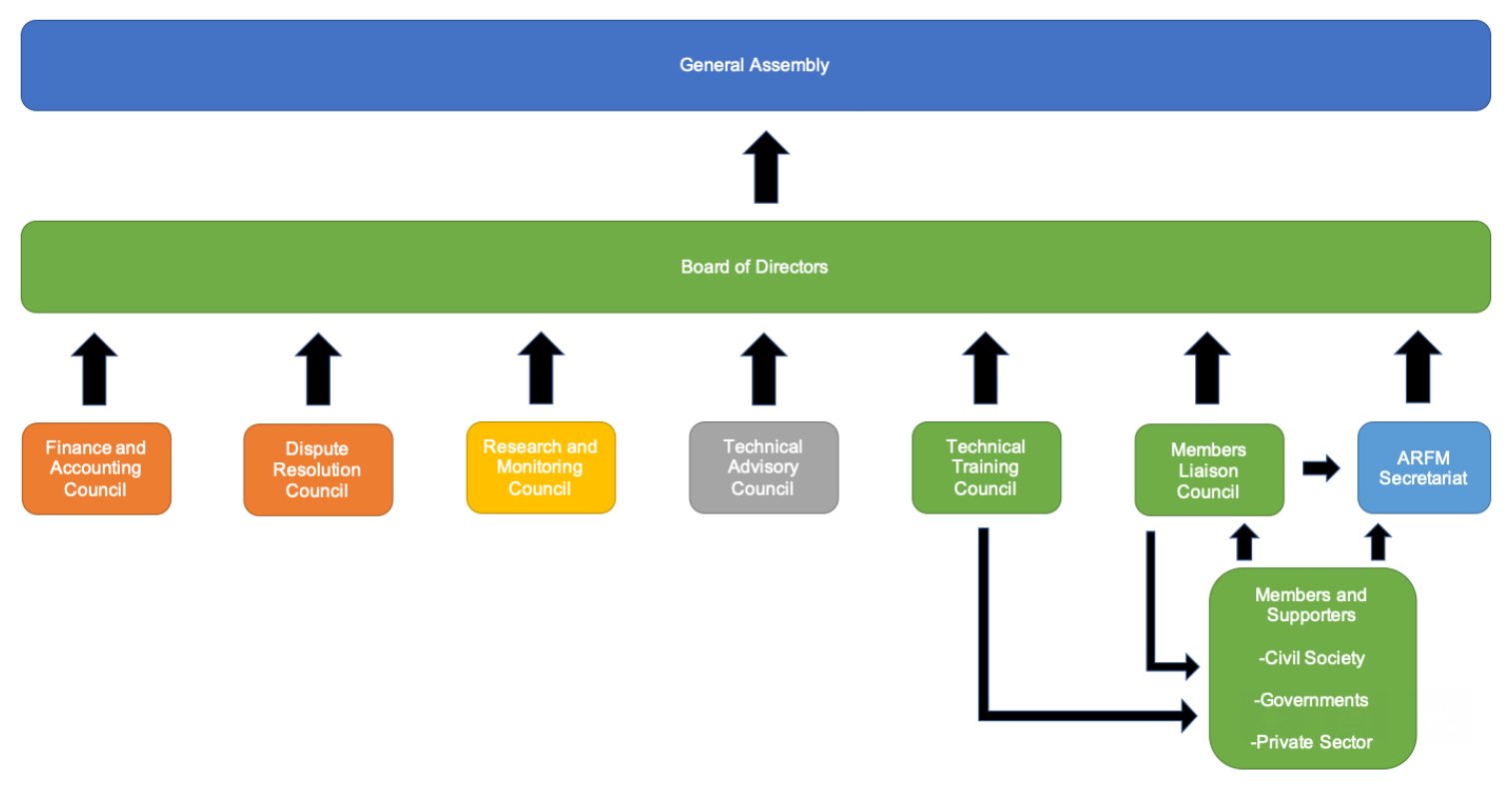
The ARFM has two Membership types:
Ordinary Members
Annual membership with voting rights in the General Assembly, i.e., forest licensees, NGOs, practitioners, financial institutions, etc. All organisations receiving training become Ordinary Members.
The ARFM welcomes Ordinary Members interested to donate financial contributions. Please get in touch.
Supporting Members
Annual membership without voting rights in the General Assembly, i.e., downstream wood manufacturing, distribution companies, consumers, individuals, etc.
Members and Supporters are broken down into Non-profit and for-profit organisation categories and defined by the Gross National Income (GNI) of the country where they are resident. To define the annual fees to Members, we attribute four income classifications, i.e., low, low-middle, upper-middle, and high, using World Bank country classifications.
Income and Financial Projections
The majority of the income is generated from training courses, with further incomes from the Membership and donations. All income and donations are tax deductible. Please get in touch directly to learn about our programmes.
